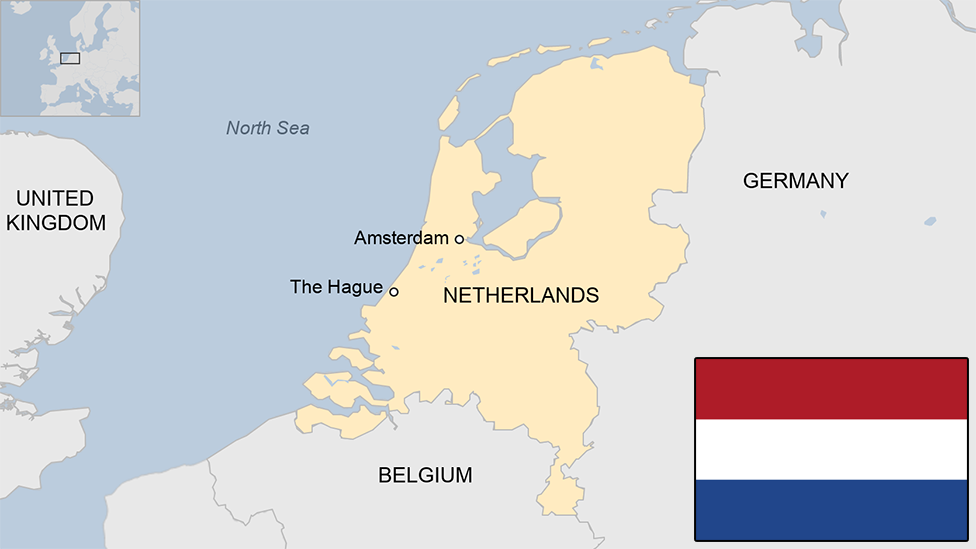Brexit: How the Netherlands is braced for 'no deal'
- Published
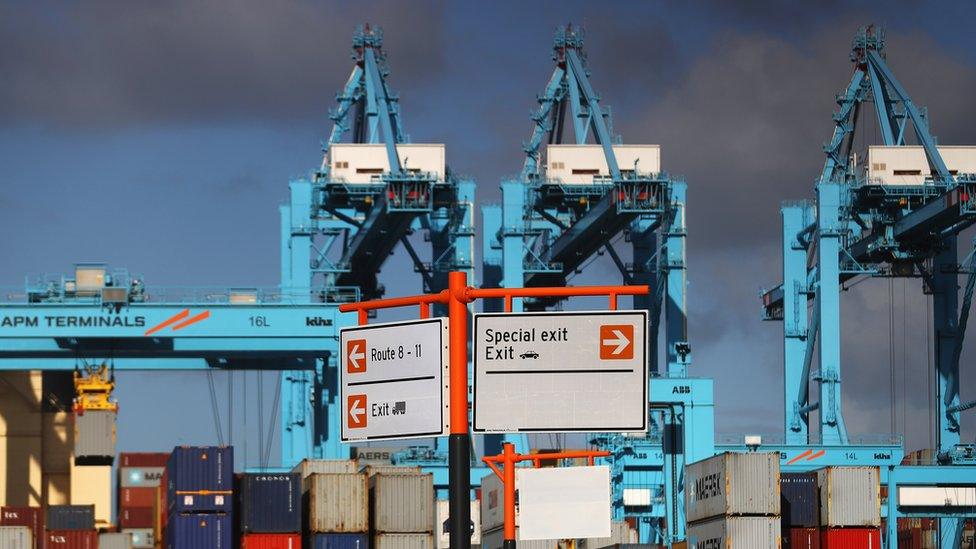
Dark clouds ahead? Imposition of barriers on trade with the UK could hit the Dutch economy
The Netherlands could be one of the hardest-hit EU countries if the UK leaves the bloc without an agreement. The Dutch government is expected to unveil plans this week in preparation for a hard Brexit. The BBC's Paul Moss has been to Rotterdam to see the adjustments already being made.
It is not like they are unaccustomed to challenges.
The people of Rotterdam have seen it all - their famous port was bombed by the Germans in World War Two, and once they occupied the city it was bombed again by the British and the US. But right now, there is a more prosaic problem vexing local people, like Peter Westdijk, from cargo company DFDS.
"We have to divide our terminal into separate parts," he says, standing at the harbour side, "and that will cost a lot of money."
Mr Westdijk's problem is that much of the cargo he ships goes to and from the UK. And with negotiations on Brexit showing little sign of progress, he has to prepare for what happens if the UK leaves with no trade agreement in place - which could well mean customs checks on goods which until now have flowed freely.
"You can't estimate the amount the delays will cost," he says, "but it will be considerable."
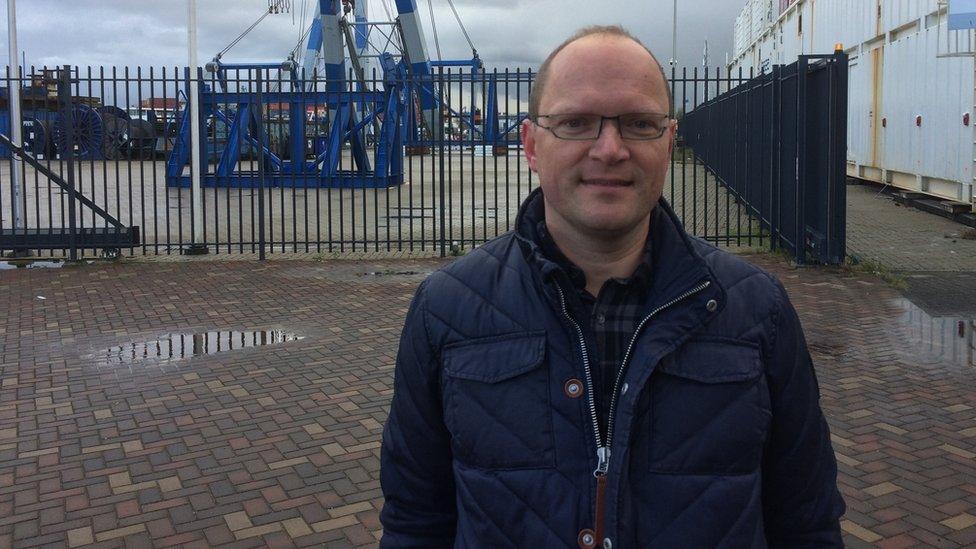
Mr Westdijk is having to prepare his company for the possibility of a "no deal" Brexit
The port of Rotterdam is just one segment in a whole network of commercial ties between the Netherlands and the UK. More than €50bn ($59bn; £45bn) worth of goods and services flow between the two countries every year.
When you factor in suppliers and ancillary businesses, the UK is responsible for 4% of the Dutch economy. So an end to free trade between the two, the imposition of tariffs or other barriers, could well make a dent in Dutch growth figures.
Yet paradoxically, this threat offers potential support to a key argument deployed by the pro-Brexit side. In the run-up to the referendum, they insisted it would be easy to negotiate a trade deal with the EU, on the basis that "they need us as much as we need them."
With the Netherlands and other countries vulnerable to the consequences of a hard Brexit, Britain might indeed be seen to have leverage in any negotiations.
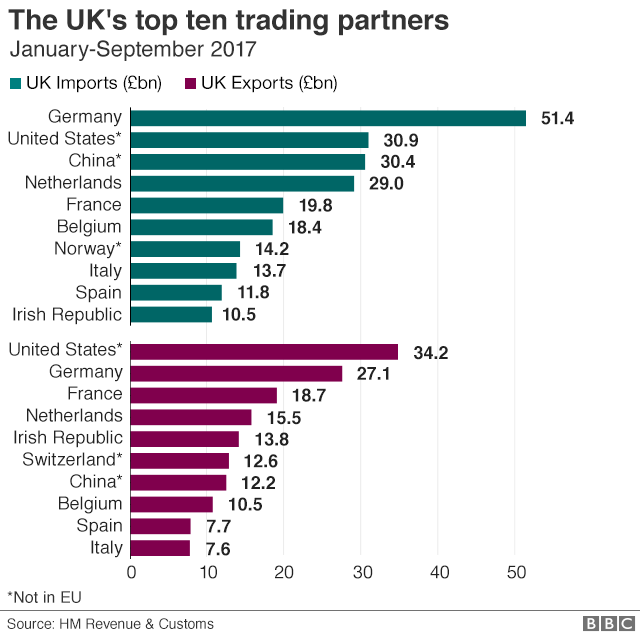
It was a suggestion I made to a Dutch MP specialising in European affairs, Anne Mulder. Was it time, I asked, for the Netherlands and other influential EU nations to offer the UK more concessions, given all would suffer from a breakdown of talks?
The Dutch have a reputation for politeness, and I was expecting a reply laden with diplomatic euphemism. What I got was a surprisingly pithy denunciation of Britain's politicians, and their approach to the Brexit negotiations:
"Some of them are unrealistic, they are not rational… they are always saying the ball is in the EU's court. Well there's a great big ball in their court, but they don't want to see, because they are blind."
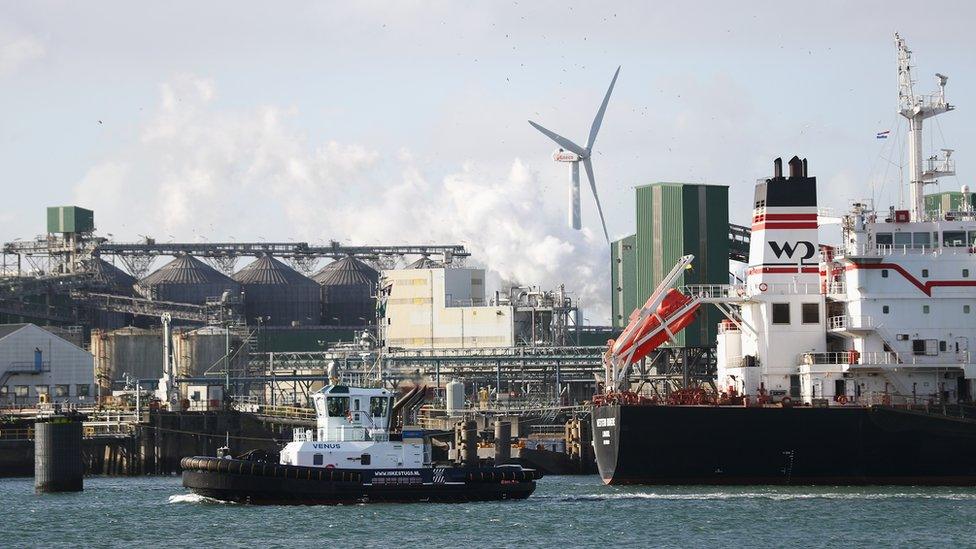
Part of the trade between the UK and the Netherlands goes through the port of Rotterdam
And what about the claim that the EU needs the UK just as much as the UK needs the EU?
"If you want to dream, do it at night," he suggested.
When it comes to those UK-EU negotiations, it seems the current betting here is on failure.
- Published13 November 2017
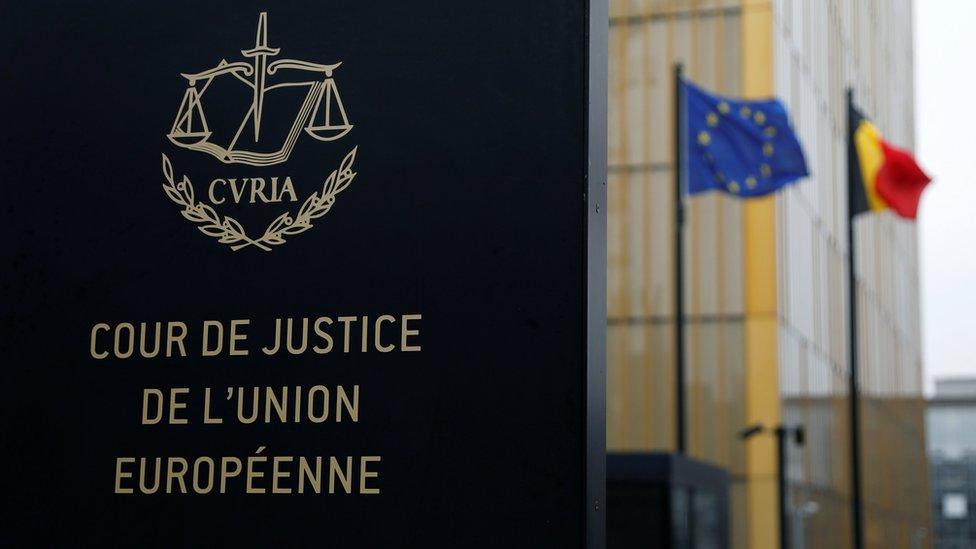
- Published30 December 2020

- Published11 November 2017
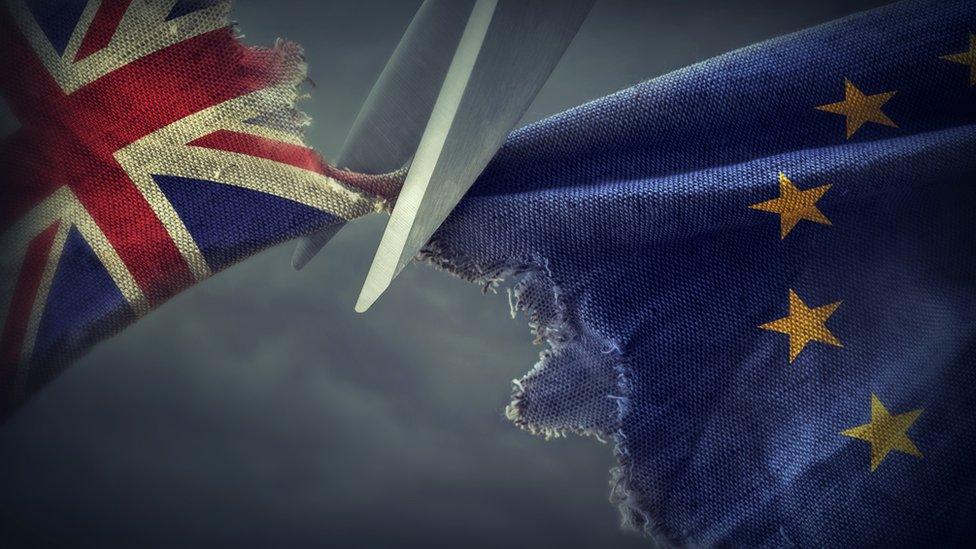
- Published17 November 2018
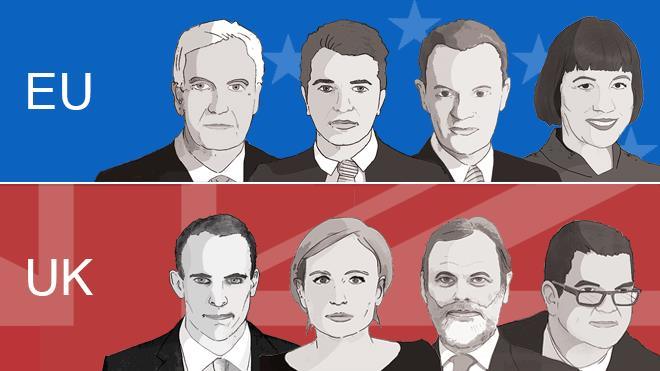
- Published2 July 2024
